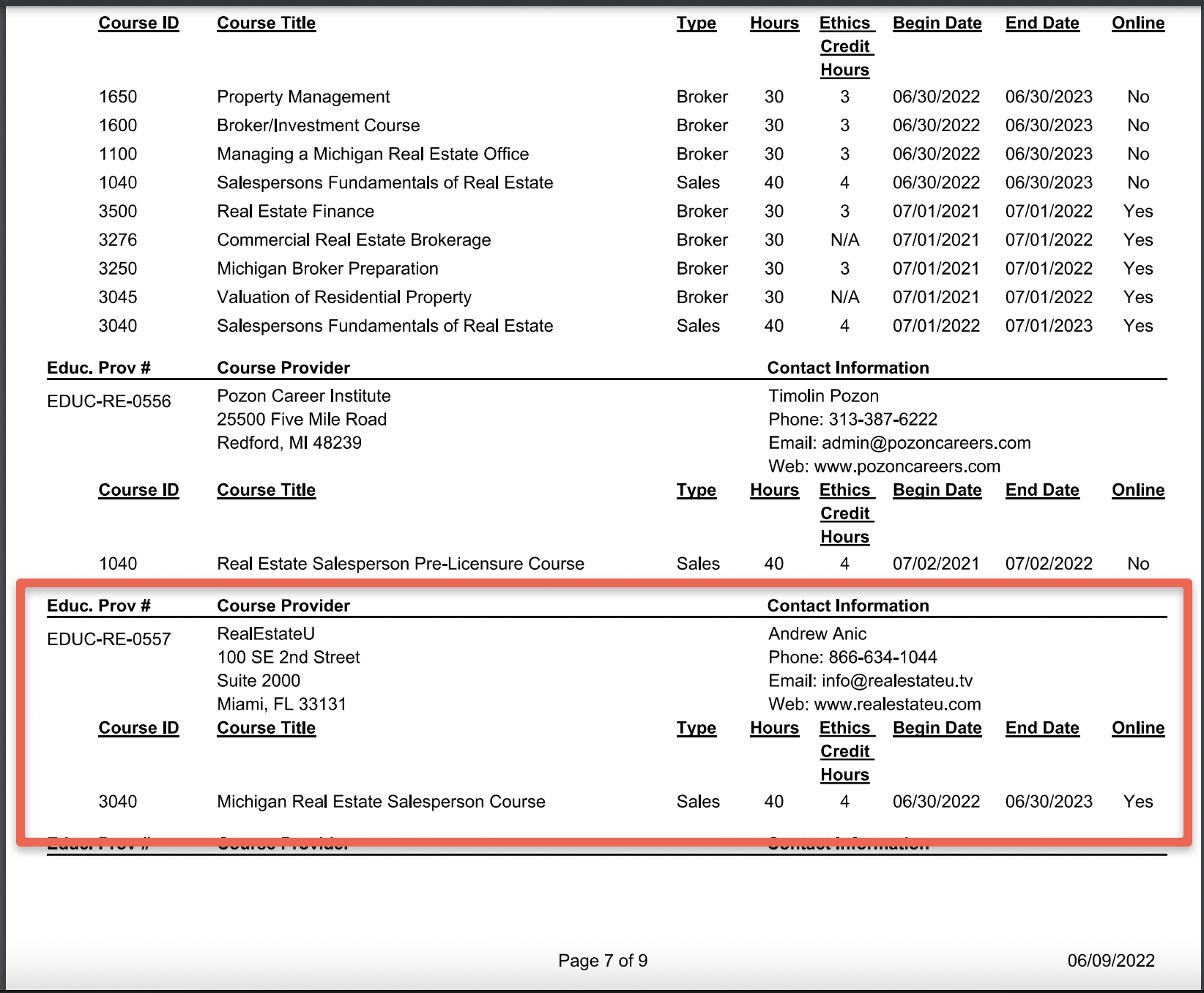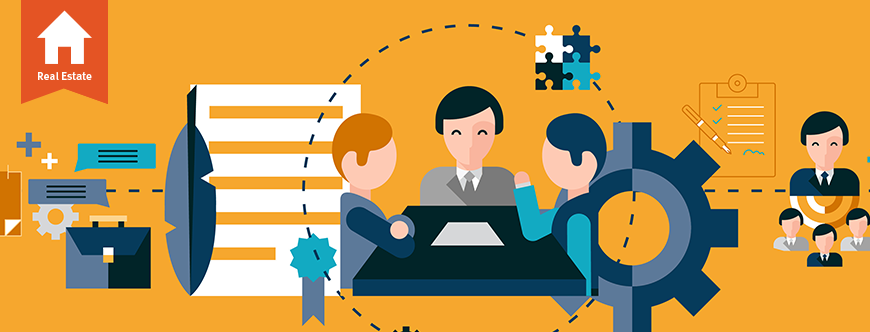
Minnesota has a number of requirements that you must meet to be eligible for a real-estate license. Minnesota Commerce Department works to ensure real estate agents have the necessary qualifications and are able to work in the State. These requirements include being at minimum 18 years of age and U.S. citizens, or legal aliens. While citizenship is not an issue for most users it can lead to denial of a license if there are any criminal records, unpaid judgements or disciplinary actions against professional licenses. A real estate license should not be denied if you are involved in unlicensed real-estate activity.
Pre-license education
Pre-license education is an important part of becoming a licensed real estate agent in Minnesota. This can increase your chances of passing and help you avoid retaking the exam. License as a Minnesota real-estate agent takes around four months. A pre-license education course is required, passing the exam and being sponsored in the licensing process by a licensed brokerage.
An excellent way to begin your education in Minnesota for your real-estate license is to take an online pre-license course. Three courses lasting 30 hours can be completed to help you obtain your license. These courses cover topics like valuation, financing, contracts and real estate principles. You can complete the course online through a provider such as ContinuingEd Express. You can choose to take the course online or live stream it.

Education requirements for continuing education
Real estate salespersons in Minnesota must complete at least fifteen hours of continuing education each year. It is 30 hours over a two year renewal period. There are many methods to obtain the required CE in real property, including online classes, live courses, and webinars. Kaplan offers on-demand as well as live courses to meet state continuing education requirements. Kaplan's online courses are approved for 3.75 hours of real estate CE and can also qualify for fair housing and agency credit.
Minnesota Real Estate Commission has adopted new real estate CE credit system. Real estate licensees are required to complete at least eight hours of continuing educational in one day and no more than fifteen hours in a 24-hour time period. To meet Minnesota's continuing educational requirements, salespeople and brokers must complete a prelicensing CE course each year. These courses give 3.75 hours of CE credit. They must also be completed by June 30, 2022. You can also take the course online, even if you don't have a live instructor. Most courses are self-paced, while some are live-streamed. Exam prep courses cover the state and national parts of the Minnesota licensing exams.
Exam
Examining to get a real estate license in Minnesota is a process that must be passed in order to practice in the state. This examination helps protect the public and ensures that an individual is competent. The state regulatory agency establishes a standard for safe practices. The exam is designed to confirm that an individual has met those standards. Pearson VUE administers Minnesota’s real-estate licensing examination.
Minnesota law requires applicants for a real estate license to have completed a prelicense educational course, as well as passed a state examination. The state requires that applicants be at least eighteen years of age and a lawful permanent resident of the United States. Minnesota has reciprocity agreement with several states, including Wisconsin. If you are a licensed agent in a reciprocal state, you do not have to complete a prelicensing course in Minnesota. You can apply through the PULSE Portal and email a letter certifying your current license and pass the state portion of the exam. In Wisconsin, however, you must take a 13-hour Wisconsin-to-Minneseta prelicensing course.

Cost
First, you must obtain a Minnesota realty license. With the exception of the actual exam which must be taken in person, the process can be done virtually online. This article will give you the details of the process, including the cost and time it will take. We will also provide some resources and information about exam content.
Minnesota's pre-licensing requirements require that real estate agents complete 90 hours. These can be completed online or via classroom classes. On-demand online courses are usually the most cost-effective. Three courses are usually included in a package, and they typically cost $200-$300.
FAQ
Is it possible sell a house quickly?
If you have plans to move quickly, it might be possible for your house to be sold quickly. You should be aware of some things before you make this move. You must first find a buyer to negotiate a contract. Second, you need to prepare your house for sale. Third, your property must be advertised. Lastly, you must accept any offers you receive.
How long does it take to get a mortgage approved?
It all depends on your credit score, income level, and type of loan. It typically takes 30 days for a mortgage to be approved.
How many times do I have to refinance my loan?
It depends on whether you're refinancing with another lender, or using a broker to help you find a mortgage. You can typically refinance once every five year in either case.
Do I require flood insurance?
Flood Insurance covers flooding-related damages. Flood insurance protects your possessions and your mortgage payments. Learn more information about flood insurance.
What should I look for in a mortgage broker?
A mortgage broker is someone who helps people who are not eligible for traditional loans. They shop around for the best deal and compare rates from various lenders. This service may be charged by some brokers. Others offer no cost services.
Statistics
- 10 years ago, homeownership was nearly 70%. (fortunebuilders.com)
- Over the past year, mortgage rates have hovered between 3.9 and 4.5 percent—a less significant increase. (fortunebuilders.com)
- When it came to buying a home in 2015, experts predicted that mortgage rates would surpass five percent, yet interest rates remained below four percent. (fortunebuilders.com)
- The FHA sets its desirable debt-to-income ratio at 43%. (fortunebuilders.com)
- Based on your credit scores and other financial details, your lender offers you a 3.5% interest rate on loan. (investopedia.com)
External Links
How To
How to Buy a Mobile Home
Mobile homes can be described as houses on wheels that are towed behind one or several vehicles. Mobile homes were popularized by soldiers who had lost the home they loved during World War II. Today, mobile homes are also used by people who want to live out of town. These houses are available in many sizes. Some houses are small while others can hold multiple families. There are some even made just for pets.
There are two main types mobile homes. The first type is produced in factories and assembled by workers piece by piece. This takes place before the customer is delivered. You could also make your own mobile home. First, you'll need to determine the size you would like and whether it should have electricity, plumbing or a stove. You will need to make sure you have the right materials for building the house. Final, you'll need permits to construct your new home.
Three things are important to remember when purchasing a mobile house. Because you won't always be able to access a garage, you might consider choosing a model with more space. If you are looking to move into your home quickly, you may want to choose a model that has a greater living area. Third, make sure to inspect the trailer. Problems later could arise if any part of your frame is damaged.
You should determine how much money you are willing to spend before you buy a mobile home. It is crucial to compare prices between various models and manufacturers. Also, consider the condition the trailers. Many dealers offer financing options. However, interest rates vary greatly depending upon the lender.
Instead of purchasing a mobile home, you can rent one. You can test drive a particular model by renting it instead of buying one. Renting is expensive. Renters usually pay about $300 per month.